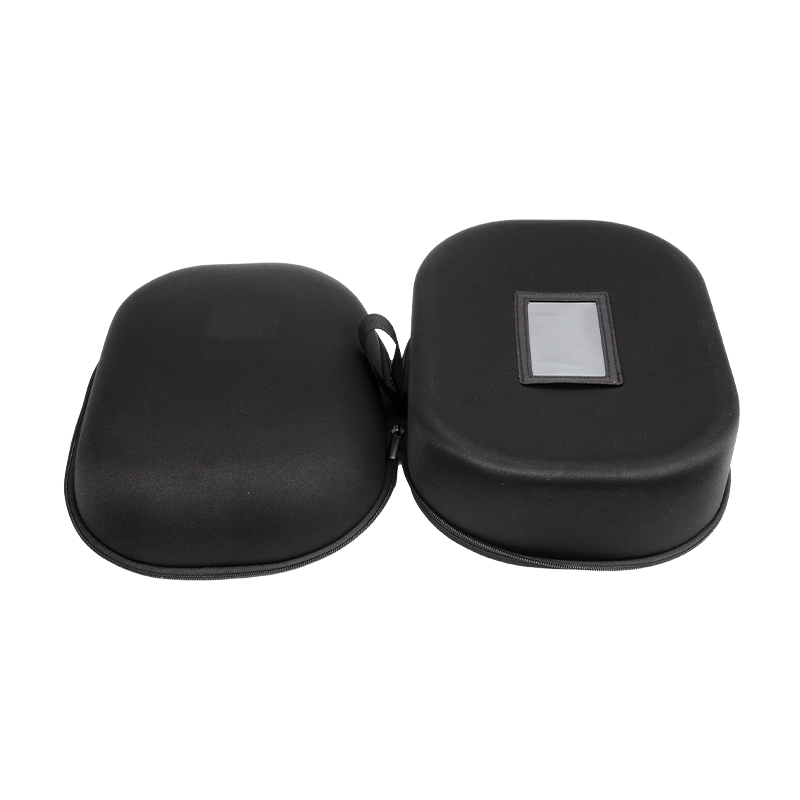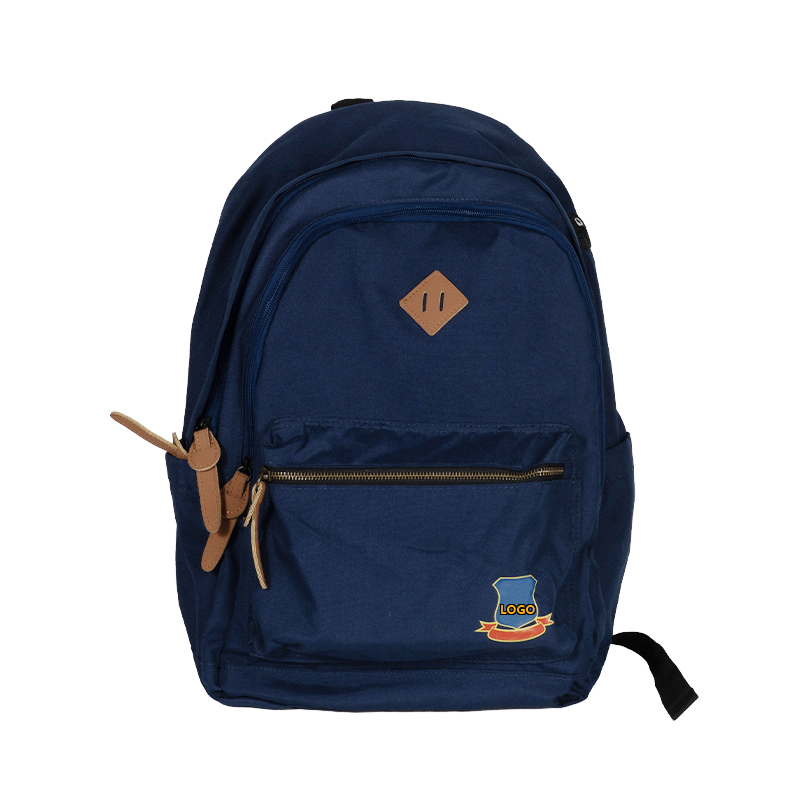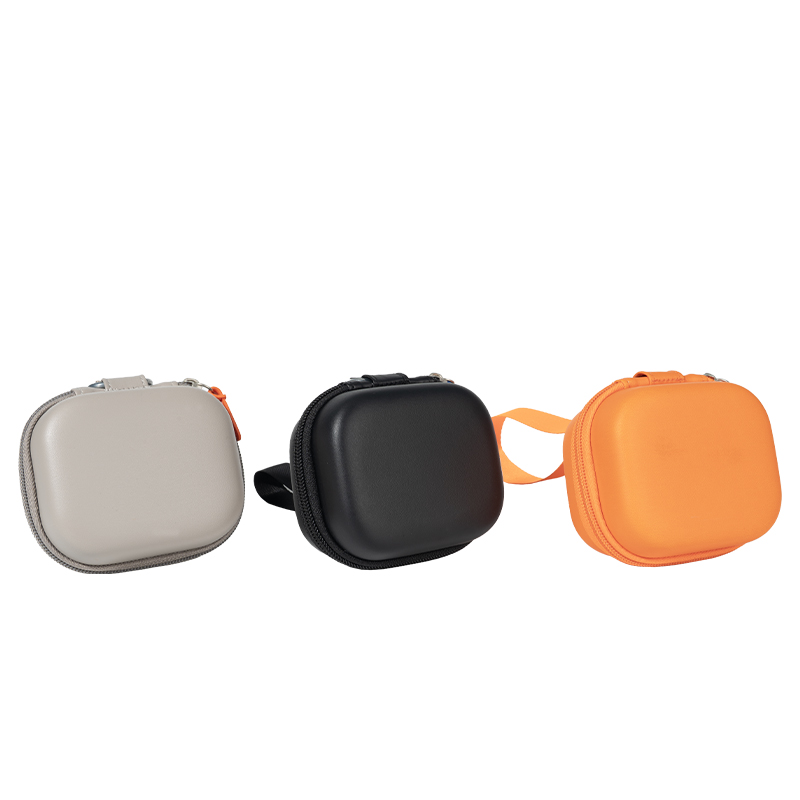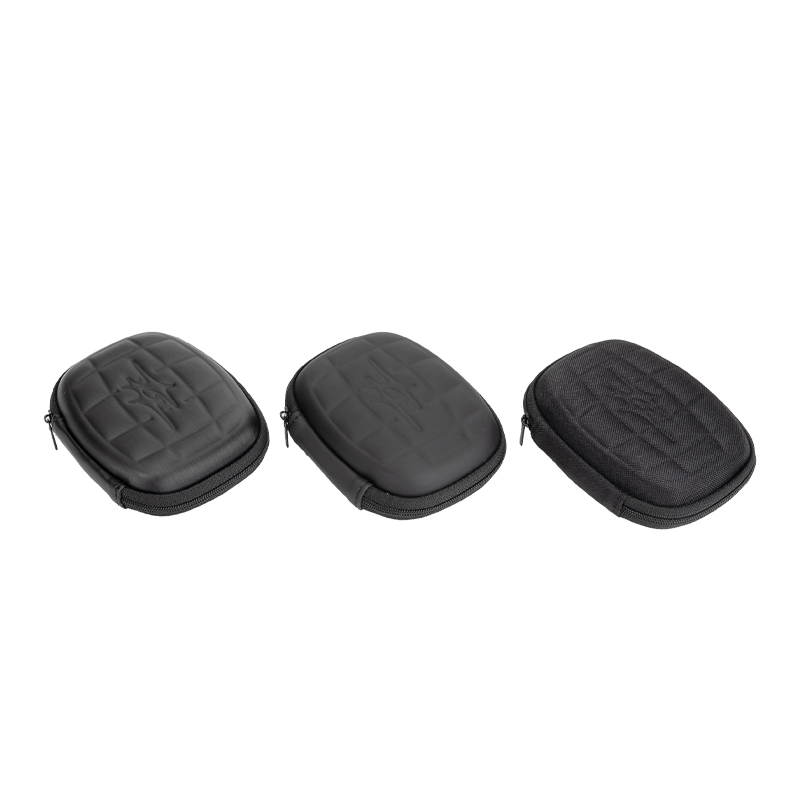

Helmet Case Market Analysis from a Procurement Perspective

1. Product Overview
The helmet case (helmet bag) is a protective storage solution designed to safeguard helmets used in motorcycling, cycling, skiing, outdoor sports, and industrial safety applications. A high-quality helmet case not only protects the helmet from impact, dust, and scratches, but also enhances product presentation and portability.
Modern helmet cases are typically made from EVA (Ethylene Vinyl Acetate), ABS plastic, or reinforced fabric materials, combining lightweight structure with strong durability. Among these, EVA molded helmet cases have become increasingly popular for their balance of protection, design flexibility, and environmental compliance.
2. Market Demand and Application Segments
1. Sports and Outdoor Segment
With the growth of outdoor activities, cycling, and motorsports, the demand for helmet accessories — especially premium protective cases — continues to expand. Consumers now expect storage products that match the aesthetic and quality of the helmets themselves, driving OEM/ODM orders for custom-branded helmet cases.
2. Industrial and Safety Equipment
Construction and industrial workers also use protective helmets that require safe transport and storage solutions. Buyers in this segment focus on functionality, bulk pricing, and easy logistics handling rather than branding or aesthetics.
3. Global Procurement Trends
Europe & North America: Focused on ergonomic design, sustainability, and branded packaging. EVA or semi-rigid shell helmet cases are preferred.
Asia-Pacific: Rapid growth in motorcycle accessories and delivery-related markets, leading to a surge in mid-range and cost-efficient helmet bag procurement.
E-commerce Growth: Custom helmet cases are increasingly sold as premium add-ons for helmet brands and online retail bundles.
3. Procurement Considerations
Key Quality and Design Factors
When evaluating suppliers or planning bulk procurement, buyers generally focus on:
Material Density and Impact Resistance: EVA or ABS materials should pass compression and drop tests to ensure helmet safety during transport.
Surface Finish: Anti-scratch, anti-dust, and water-resistant coatings extend product lifespan and maintain visual appeal.
Customization Options: Logos (embossing, printing, or patch), color-matching, and handle/strap designs are major differentiators.
Interior Design: Molded foam inserts, soft velvet lining, or mesh pockets for accessories (e.g., visors, goggles) are common requirements.
Zipper and Handle Durability: These are high-stress areas often tested for repeated opening cycles.
4. Cost and Supply Chain Overview
Material and Labor Composition
Material Cost: 50%–60% (EVA foam, fabric, PU leather, zippers)
Processing: 30%–35% (molding, lamination, stitching, assembly)
Packaging and Logistics: 10%–15%
Because helmet cases are larger than typical EVA cases, mold costs and logistics efficiency have a greater impact on total cost. Bulk orders with standardized mold sizes can significantly reduce per-unit expenses.
Supplier Selection Strategy
Prefer suppliers with in-house mold development and CNC capability.
Ensure monthly capacity and lead time stability (particularly for seasonal orders).
Confirm quality certifications (ISO9001, ROHS, REACH) for export compliance.
5. Sustainability and Future Trends
The global market is moving toward eco-conscious and lightweight packaging. Helmet case procurement trends include:
Use of recycled EVA and PET materials to meet sustainability goals.
Smart helmet case concepts integrating ventilation systems or charging ports for e-helmets.
Design innovation: Sleeker aerodynamic shapes and customizable interior padding for multi-size helmet compatibility.
As electric motorcycles, delivery fleets, and sports tourism expand, the helmet case market is projected to grow at 7–9% annually through 2028, particularly in the Asia-Pacific and European regions.
6. Procurement Recommendations
Prioritize lightweight and high-impact materials to reduce freight cost while maintaining protection.
Select clean, durable surface materials like matte PU or carbon-texture fabric to enhance premium appeal.
Verify supplier mold library and sampling process before mass production.
Integrate branding early in design to ensure logo placement and color matching meet marketing requirements.
Negotiate flexible MOQ (minimum order quantity) and shipping solutions for better cost efficiency.
7. Conclusion
From a professional procurement standpoint, the helmet case is more than a simple accessory — it’s a critical component of helmet safety, branding, and product lifecycle management.
Successful sourcing depends on balancing functionality, cost control, and aesthetic appeal, while ensuring compliance with global safety and environmental standards. By collaborating with experienced OEM/ODM manufacturers, buyers can achieve premium-quality, market-ready helmet cases that reinforce brand value and consumer satisfaction.
Recommend news
EVA Storage Boxes
11/24/2025
Related information



11/24/2025
EVA Storage Boxes: A Modern Blend of Protection, Style, and Practicality
EVA Storage Boxes

Contact Us
Contact: Roger Young
Tel: +86 13829257690
Email:sale@chfine.com
Address: 72#,Dongbao Road,Houjie Town,Dongguan,Guangdong,China.
JOIN TEAM
Be the first to get new knowledge
FOLLOW







Chfine(CN) | EVACAMARA CASE | RX packaging
COPYRIGHT @ 2022 ,Dongguan Chfine Luggages And Cases Co., Ltd. All rights reserved







